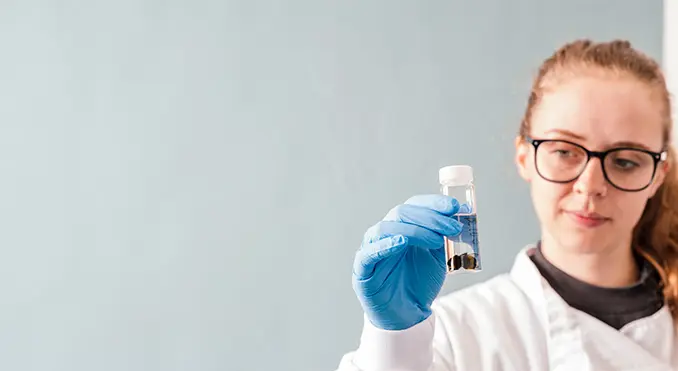
DNA-based Species Identification
From bats, mice, otters, pine martens and stoats. Our biological species ID service allows for the identification of a range of taxa from various sample types.

From bats, mice, otters, pine martens and stoats. Our biological species ID service allows for the identification of a range of taxa from various sample types.
Using molecular techniques, our laboratory team can help provide species identification from various sample types including plant tissue, feathers and droppings. We are able to identify bats, mice, otters, pine martens, stoats, and birds from faeces using techniques such as Sanger sequencing. We provide a bird sexing service using freshly plucked feathers or eggshells from hatchlings. We have also helped in wildlife crime cases and insurance claims to analyse samples of unknown origin such as cat vs human urine deposits, fungi spores and black rat faeces.
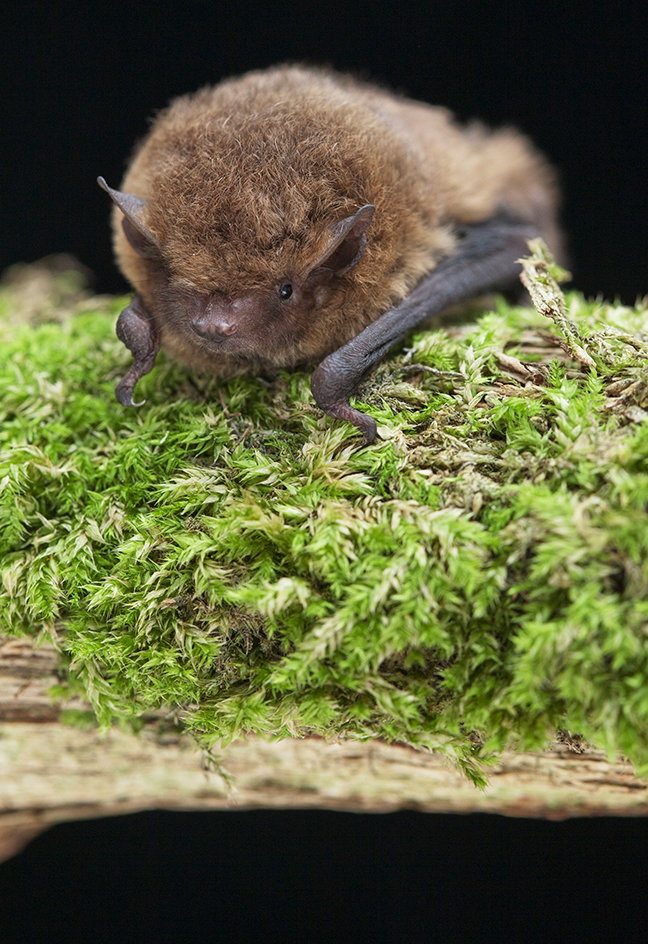
Simon Colmer / naturepl
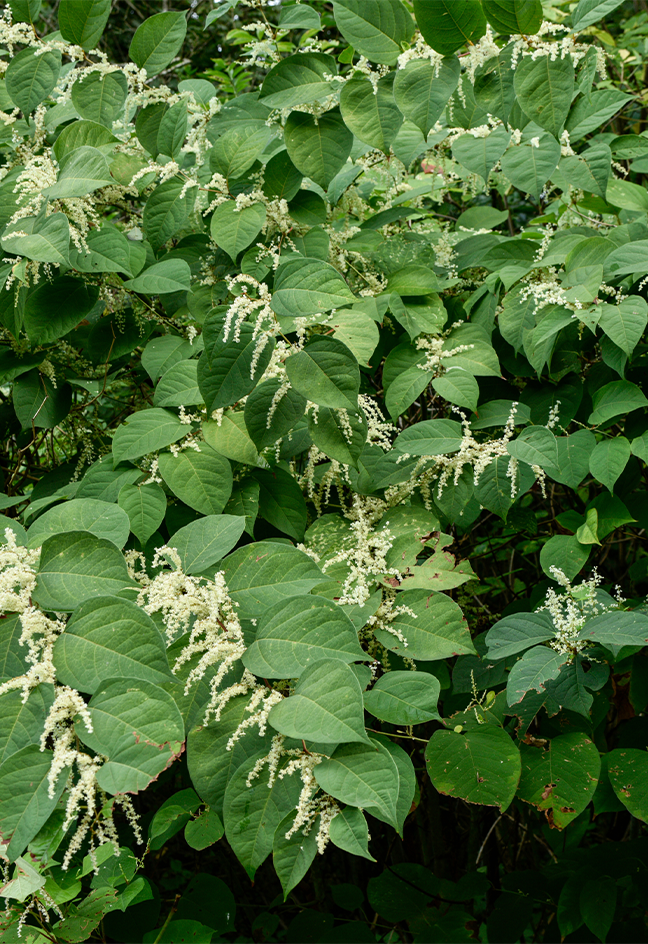

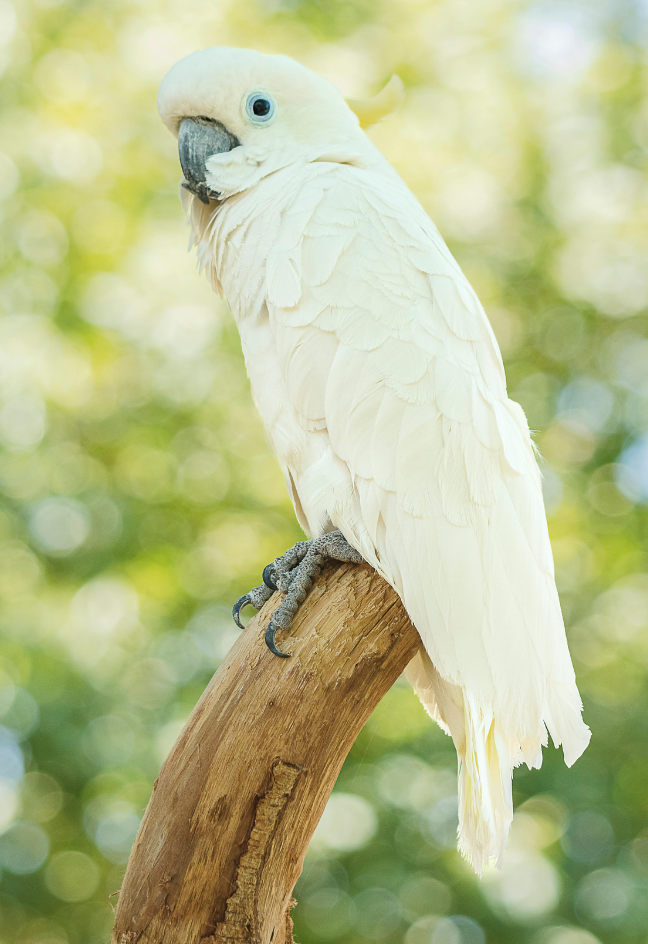
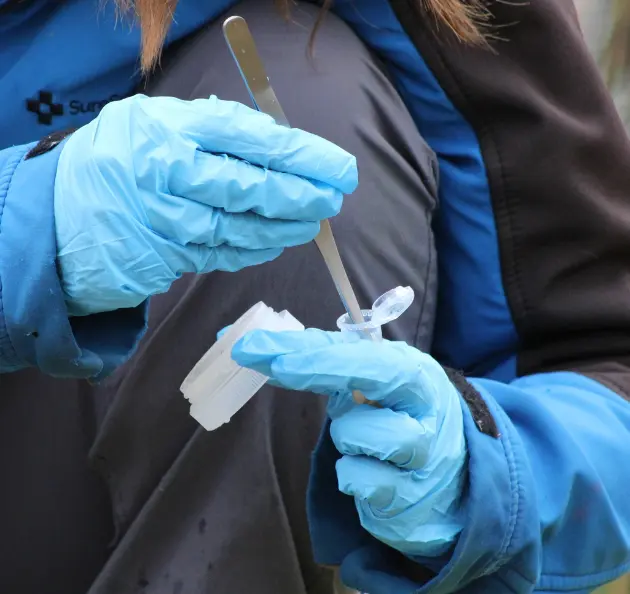
Both our kits (biological collection kit and bat dropping collection kits) contain everything required to collect a single sample for us to perform species and sexing ID analysis. Each kit comes with a freepost return to our laboratory for fast and reliable analysis. See below for full description.
Biological Collection Kit
Our Biological Collection Kit allows collection of a faecal sample, urine sample, hair sample, blood sample, carcass (including skin, flesh, bone or nail), semen sample, unknown sample source or plant sample.
Bat Dropping Collection Kits
Both our standard and XL kits allow you to collect up to six bat dropping samples (each with a reserve sample) for species ID analysis.
10
Working Days
£50 + VAT
price per sample
Standard Turnaround
5
Working Days
£75 + VAT
price per sample
Fast Track
10
Working Days
£90 + VAT
from price per sample
Standard Turnaround
5
Working Days
£120 + VAT
from price per sample
Fast Track
4
Working Days
£17 + VAT
from price per sample
Standard Turnaround
2
Working Days
£27 + VAT
from price per sample
Fast Track
10
Working Days
£90 + VAT
from price per sample
Standard Turnaround
5
Working Days
£120 + VAT
from price per sample
Fast Track
There is no need to pre-book your analysis with SureScreen Scientifics, simply send your samples to us and we will email you to let you know when we have received them. The cost of analysis is invoiced to your account (for existing customers) and the results are made available when ready. New customers will need to pay for their analysis upfront before results are sent (for first order only).
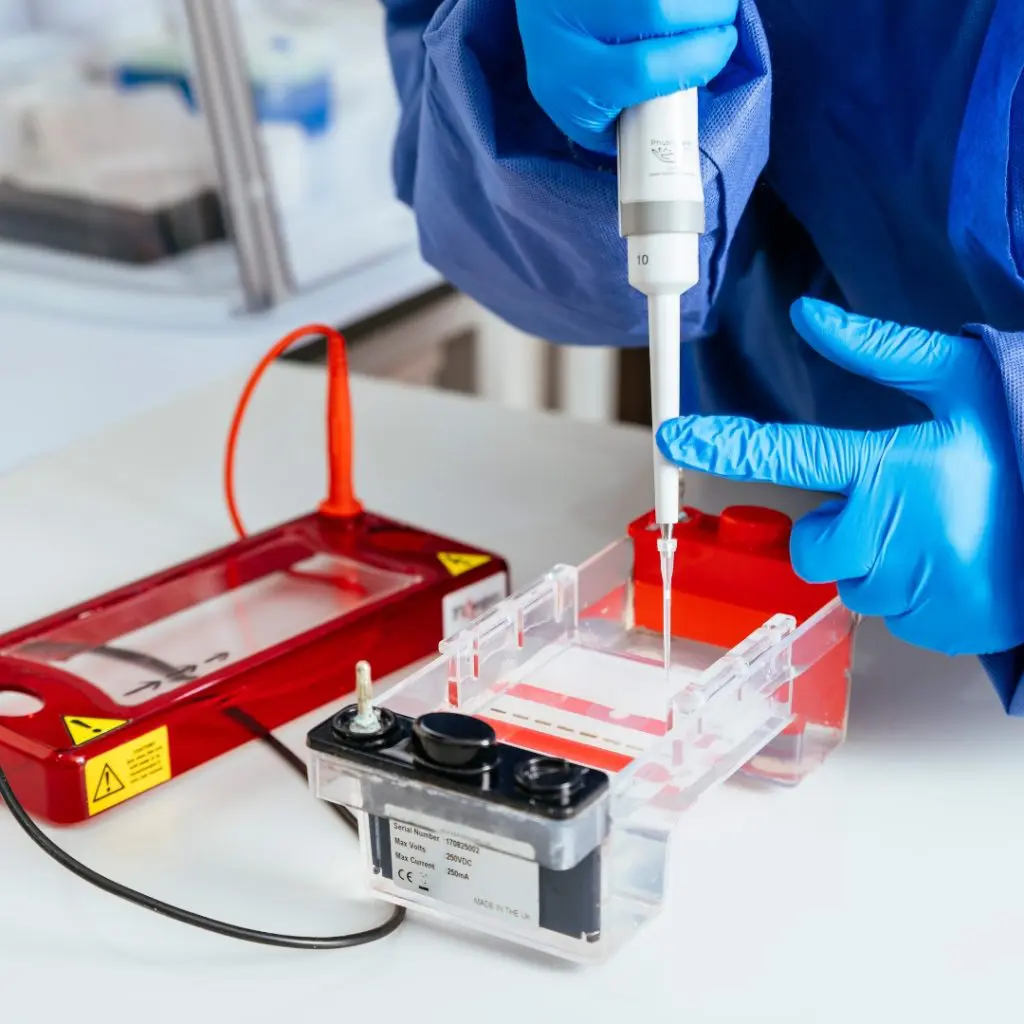
If you have purchased either our Biological Collection Kit or Bat Dropping Collection Kits, the return address is on the box along with prepaid return delivery. Simply secure the box with tape and post it in your nearest Royal Mail postbox.
Alternatively, please post your samples in a padded envelope to:
SureScreen Scientifics
Morley Retreat
Church Lane, Morley
Derbyshire
DE7 6DE
Please ensure that samples are not squashed during transit and that you still fill in either the Biological Sample Collection or Bird DNA Sexing ID form.
No! You can send your samples in small containers such as microcentrifuge tubes. Make sure you send your samples in a sturdy sterile container and not in a plastic bag or envelope as these often get damaged during delivery, which can lead to sample degradation. Our kits are the most reliable option to ensure the best results because they contain a preservative solution which prevents DNA degradation and means the samples can be stored for longer periods of time before analysis.
Our kits are designed to have an expiry date with a minimum of 24 months from delivery if kept in ambient conditions. After sampling, kits can be kept for 4 weeks in the refrigerator or 2 weeks at ambient conditions. For best results, please try to sample and send samples back as soon as possible.
Each kit contains the resources to collect a single sample.
Samples can be collected at any time of year.
We advise where possible to collect a reserve sample. If the analysis process does not work on the first attempt, we will use the reserve sample to do a repeat analysis. If you provide a reserve sample, you are more likely to receive a definitive species identification result.
Please send completed kits back to our laboratory by using our freepost kit box or using a courier of your choice.
SureScreen Scientifics Ltd
Morley Retreat
Church Lane, Morley
Derbyshire
DE7 6DE
We also accept hand-delivered kits between 08:00 and 16.00 Monday to Friday, and by appointment 24/7.
Yes, we can analyse biological samples which are collected using other company’s kits.
Kit components can be disposed of or recycled according to your locally available recycling facilities. Sample preservative solution can be disposed of by pouring down the sink with copious amounts of water. If you would prefer, you can return kits to us for correct disposal.
Yes, we are unable to begin processing a sample without a purchase order (or reference) provided on the sample collection form. This means that there might be a delay to sample processing.
We analyse a sample up to three times to achieve a result. If no DNA is detected after three attempts, we are confident there is no longer any DNA in the sample to detect. A repeat analysis would likely achieve the same result. If a different species to the one you were expecting has been reported, it is likely that any repeat sequencing would yield the same result. In these cases, we are therefore unable to repeat the analysis, without paying for additional sample analysis.
The analysis follows a standardised procedure for DNA extraction, PCR amplification of target species DNA using universal markers that amplify DNA from the group of suspected target species species. If DNA is successfully amplified it is purified and then Sanger sequenced. The resulting sequence is then assessed using bioinformatic tools in order to infer species identity, by crossmatching the genetic sequence obtained from the sequencing step to millions of DNA sequences from every species imaginable (including bats, human, bacteria etc.). Negative controls are used at each step during our analytical procedure to ensure samples are contamination free.
Once your results are available, they will be sent to the email address provided on the sample collection form before the deadline. If you have not received your results before this date, make sure that you check your spam or junk email folder.
Genetic sequence:
This is the sequence of DNA which is obtained through the analysis. It is placed into our database and matched against records of all bat species to determine to which species it is most similar to. You can apply a search for the genetic sequence in your report by going to: https://blast.ncbi.nlm.nih.gov/Blast.cgi and then selecting Nucleotide BLAST, inputting your sequence in the Enter Query Sequence box and then pressing the BLAST button.
Sequence similarity:
This is how similar the sequence from your sample is to the sequences which are available in the databases. Usually, reliable sequences are between 85% and 99% similar to the database records. Anything below this can still result in a species detection but should be interpreted with care. Matches of 100% are rare, because most individuals of a species have small changes in their DNA, making each sequence slightly different to those in the reference database.
Our method has been optimised over several years so we give a low number of inconclusive results.
If you have received an inconclusive result this usually means that the sample is aged or degraded. To keep our prices competitive, we still charge for the analysis as we have attempted to analyse your sample three times.
There are hundreds more species we can detect. Get in contact to see if an assay for your target species has been developed and we will get back to you.
Note: For non-routine targets, we may need to source specific primers. This may take several weeks and may incur the price of the primers depending upon the number of analyses required.